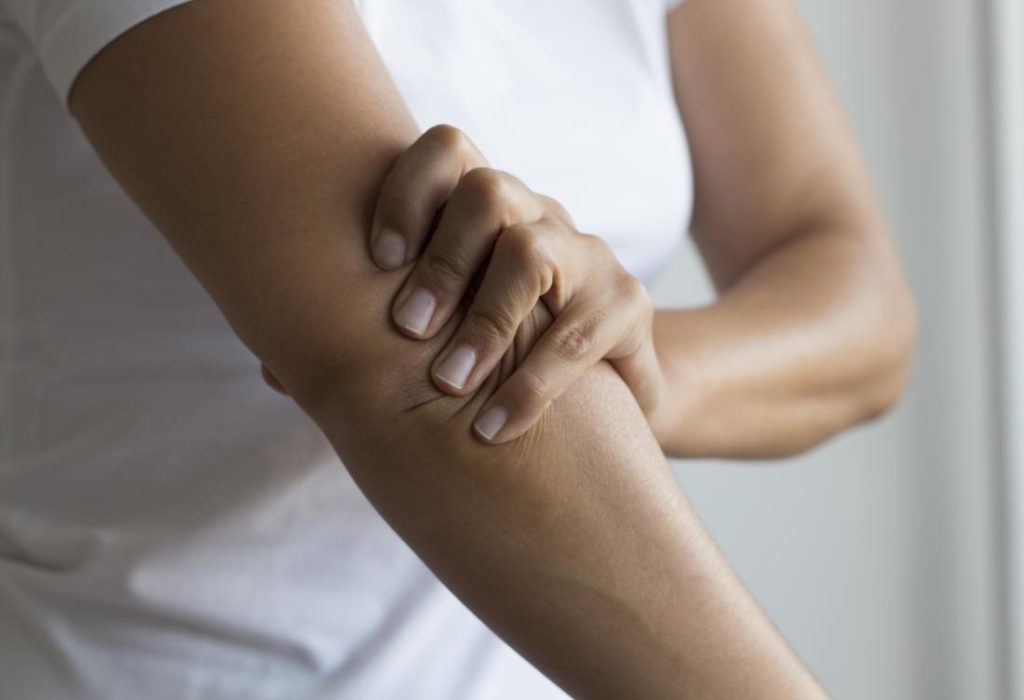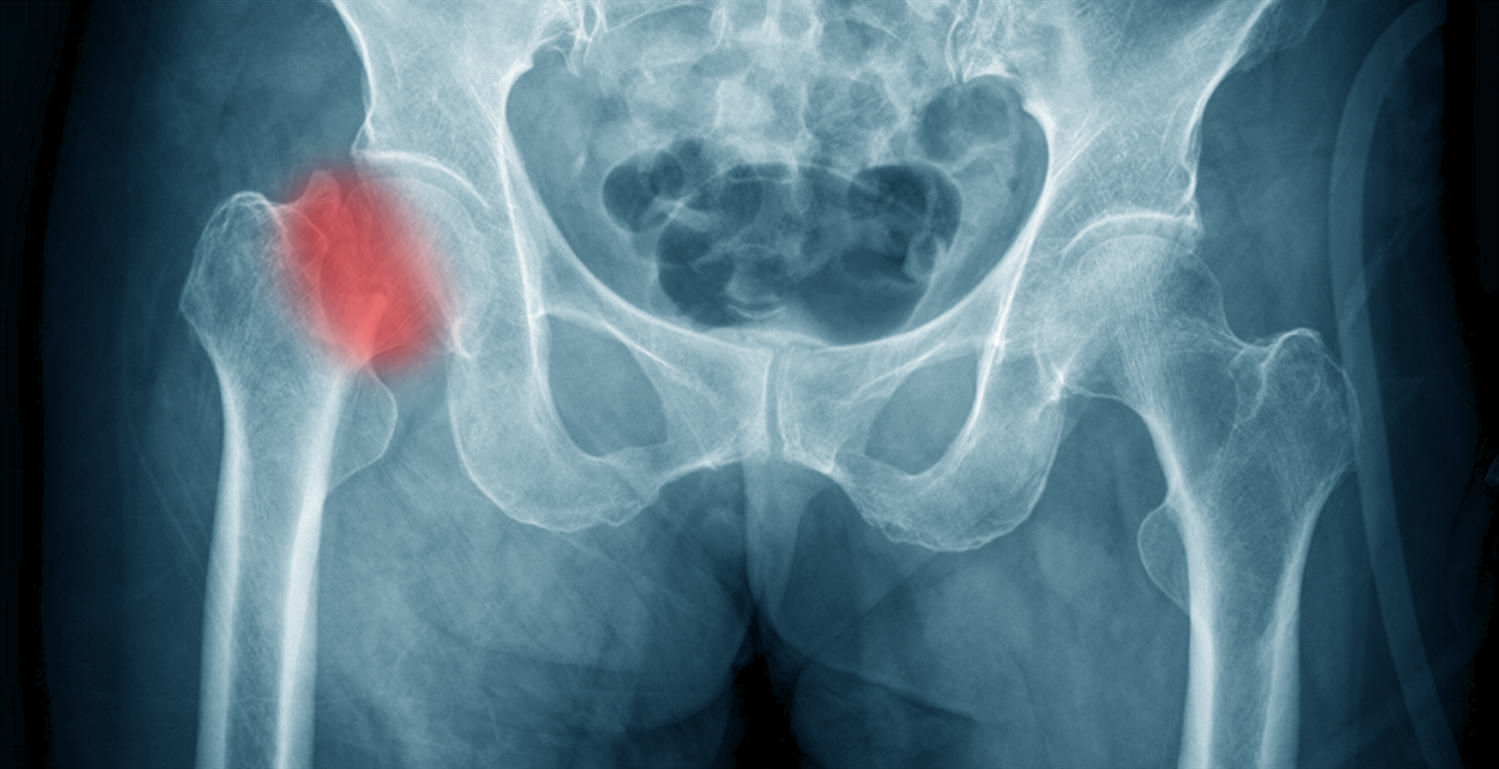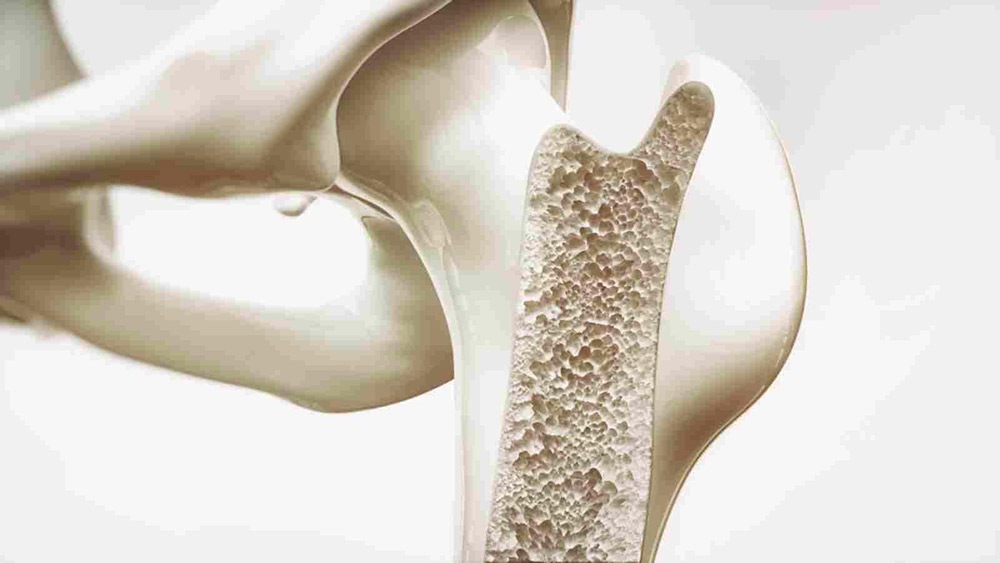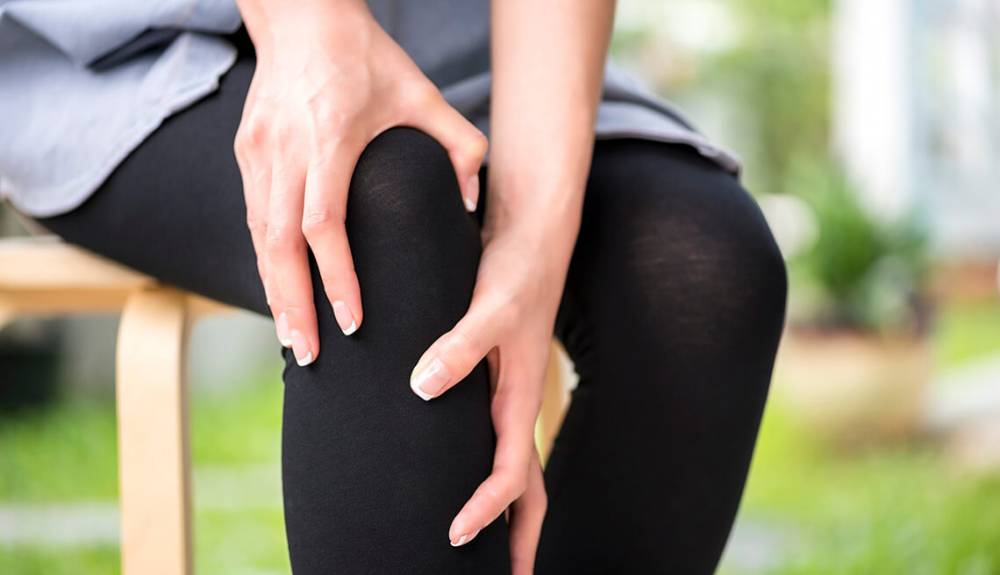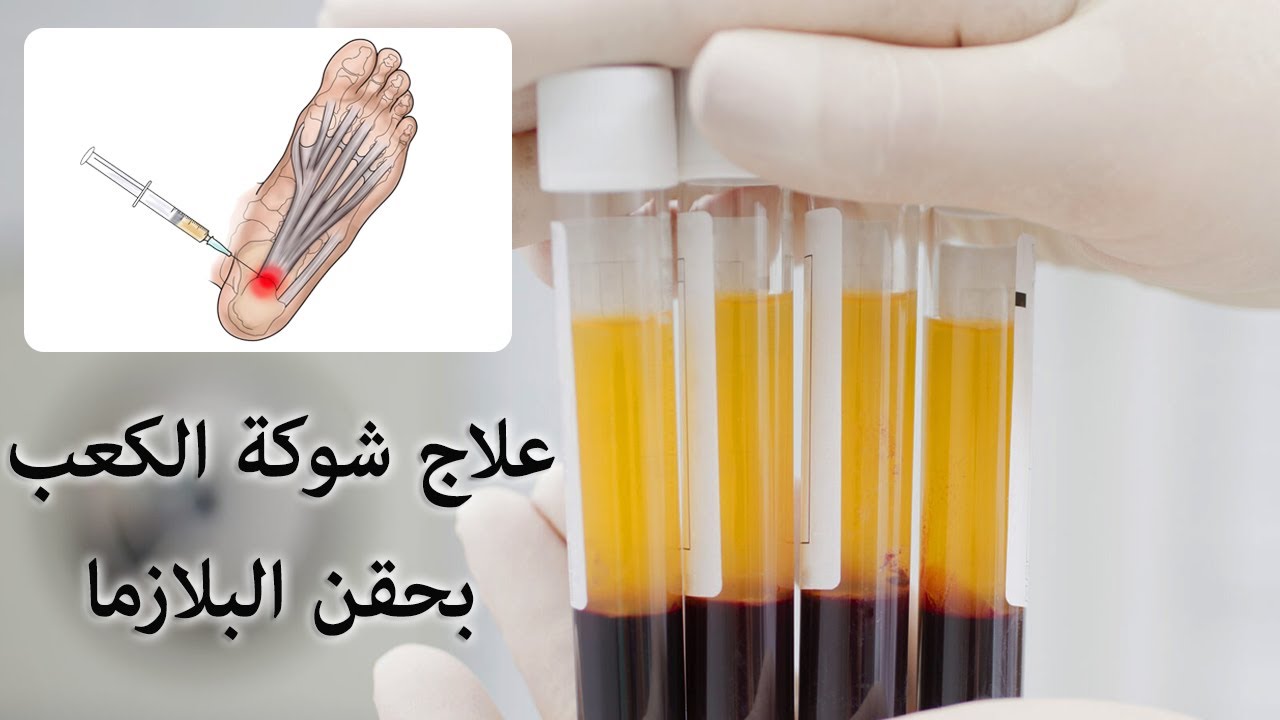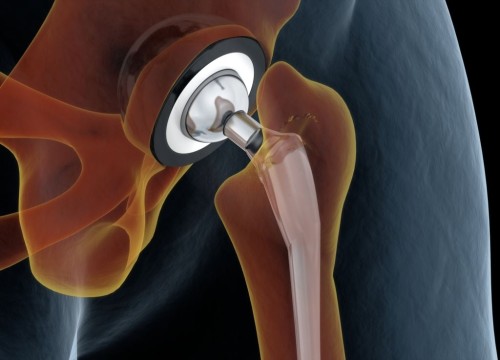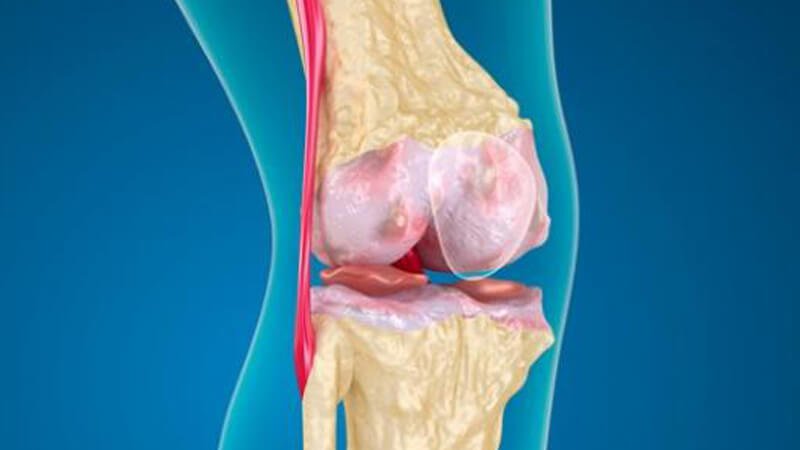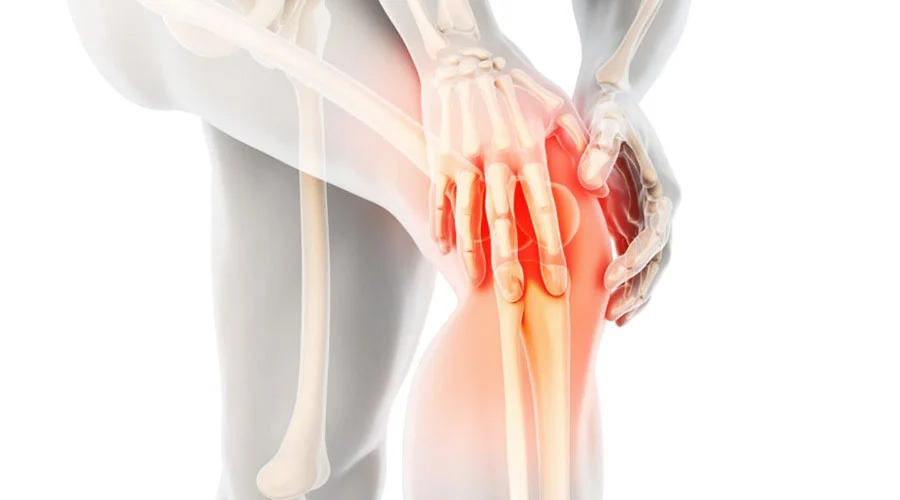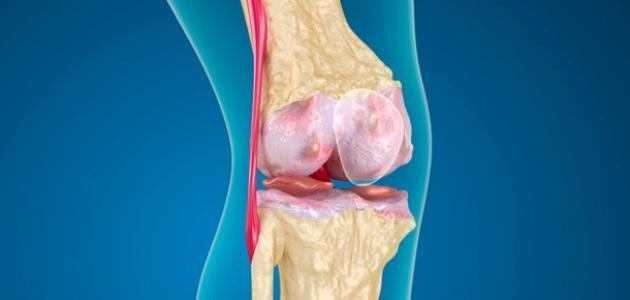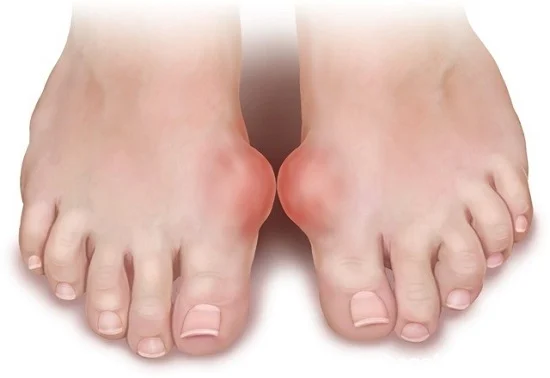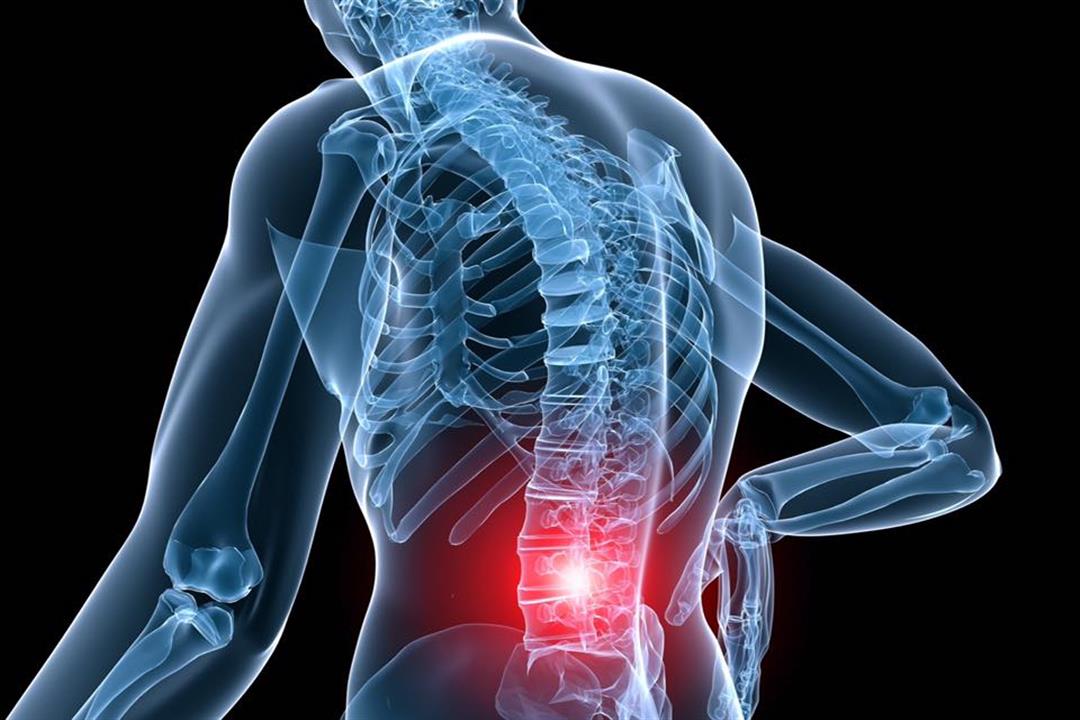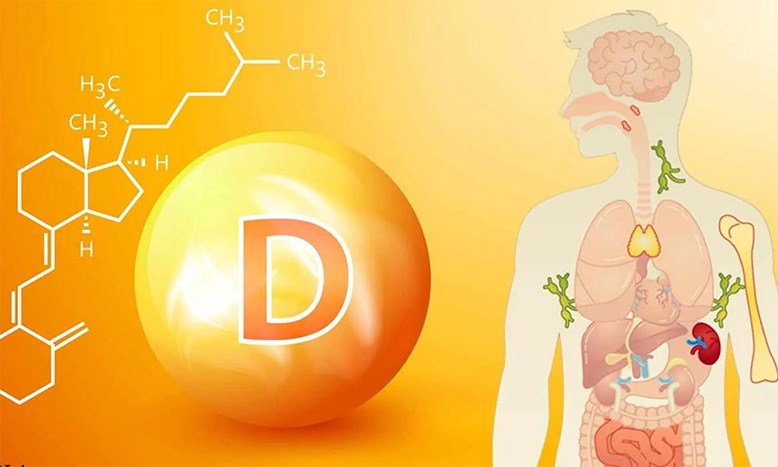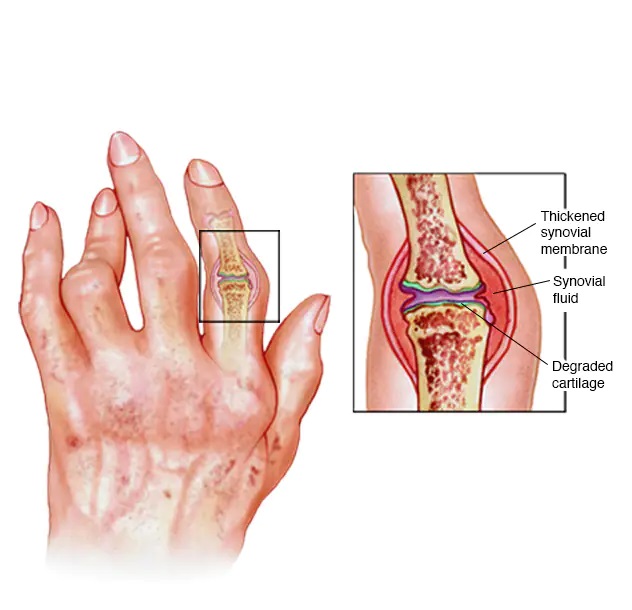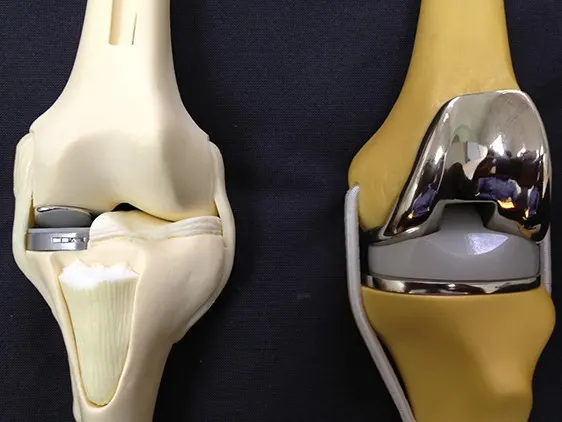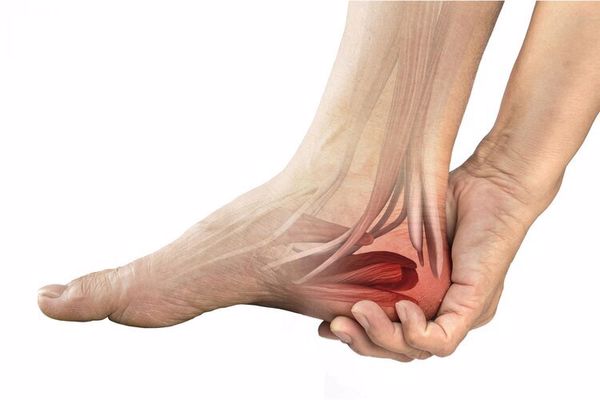?Symptoms of Hip Joint Degeneration and Is There a Treatment for It
Symptoms of hip joint degeneration, hip joint degeneration is a common condition that causes pain and restricted movement, and affects the quality of life for many. The common symptoms of hip joint degeneration include chronic pain in the hip, groin and thigh areas, and difficulty in movement, which can increase over time. In this article, you will find some common symptoms of hip joint degeneration and we discuss how to deal with them.
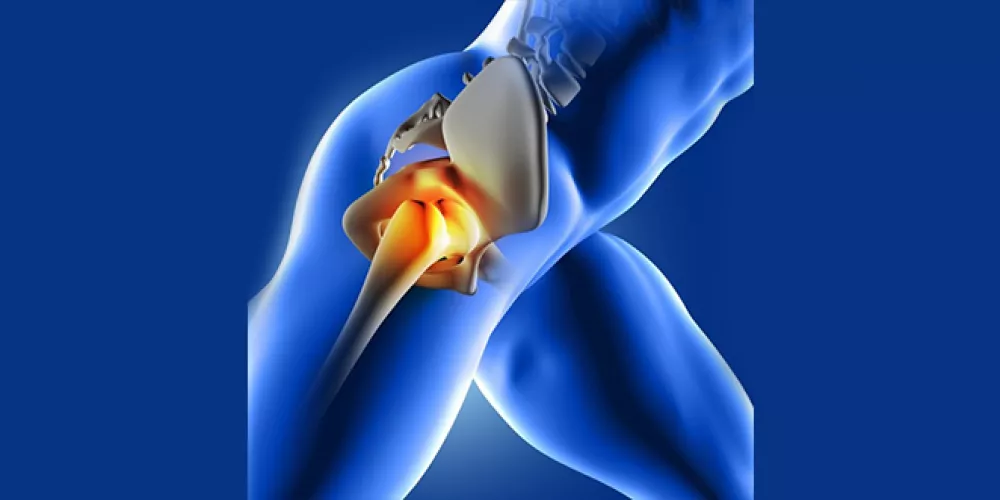
Symptoms of hip joint degeneration
Hip joint degeneration can cause a variety of symptoms that may vary in severity and impact on daily life. These symptoms include:
- Pain in the area surrounding the hip joint, which may be constant or gradually increase with movement.
- Stiffness or difficulty in movement, as degeneration can reduce the joint’s flexibility and ease of movement.
- Reduced range of motion in the joint, making it difficult to move and perform daily activities normally.
- Swelling or inflammation in the area around the hip joint, which may be due to irritation or inflammation in the joint.
- Feeling of weakness in the hip or legs, which can affect the ability to bear weight or perform daily activities.
These symptoms are indicators of a problem in the hip joint, and a doctor should be consulted to assess the condition and determine the appropriate treatment, whether it is conservative treatment such as physical therapy and pain relief, or surgical treatment if the condition is severe and requires it.
Discover the latest innovations in the treatment of hip joint degeneration under the supervision of Dr. Amro Amal.
Is there a treatment for hip joint degeneration?
Yes, hip joint degeneration is a medical condition that can be treated, and the treatment plan depends on several factors, including the severity of degeneration, its cause, and the patient’s overall health. Some of the recognized treatments include:
- Conservative treatments: These treatments aim to alleviate pain and improve joint function without resorting to surgery, and may include anti-inflammatory medications, physical therapy, appropriate exercises, and the use of assistive devices such as crutches.
- Joint injections: Injections of plasma or hyaluronic acid can be effective in alleviating pain and improving the condition of the joint.
- Surgical treatment: In severe cases of degeneration that cannot be treated with conservative methods, surgical treatment may be the most appropriate option, and usually involves replacing the hip joint with an artificial joint, especially in cases of severe degeneration and advanced atrophy of the hip joint.
The appropriate treatment depends on a detailed assessment of the condition by the specialist, and the patient may be directed towards a multi-faceted treatment plan that combines conservative and surgical treatments to achieve the best results.
Benefit from the experience of Dr. Amro Amal in the treatment of hip joint degeneration with modern and effective methods.

Causes of hip joint inflammation
Hip joint inflammation can result from several different causes, and among the common causes are:
- Natural degeneration: With age, the hip joint can be affected by natural degeneration, leading to joint inflammation.
- Injuries: Direct injuries or accidents, such as fractures or excessive stresses, can cause irritation and inflammation in the hip joint.
- Rheumatoid arthritis: This is a medical condition that causes inflammation and damage to the joints, and can also affect the hip joint.
- Osteoarthritis: This occurs due to wear and tear of the joint cartilage due to age or overuse, and can lead to hip joint inflammation.
- Other inflammatory diseases: Such as arthritis resulting from inflammatory bowel diseases like irritable bowel syndrome and Crohn’s disease.
- Excessive physical activities: Such as high-impact sports or activities that involve intensive use of the joints without restrictions can cause inflammation in the hip joint.
A doctor should be consulted to determine the exact cause of hip joint inflammation and to direct the appropriate treatment accordingly.
Learn about comprehensive solutions for the treatment of hip joint degeneration with Dr. Amro Amal.
What are the symptoms of hip pain?
Hip pain can manifest in different forms and may be accompanied by additional symptoms. Some common symptoms of hip pain include:
- Pain: Pain can be felt in the joint itself or in the surrounding areas, and may be constant or only appear during physical activity.
- Stiffness: Patients may experience stiffness or tightness in the joint when moving, especially after standing for long periods or after sleep.
- Difficulty in movement: The patient may feel difficulty in moving the hip, and this feeling may be accompanied by a clicking or grinding sound during movement.
- Swelling and inflammation: Hip pain may be accompanied by swelling and inflammation in the joint or the surrounding area.
- Anxiety or depression: Hip pain can cause a feeling of anxiety or depression due to its negative impact on daily life and the ability to perform routine activities.
- Feeling of weakness: Hip pain can be accompanied by a feeling of weakness in the legs or the hip itself, affecting the ability to move and perform physical activities.
These symptoms may appear differently and vary in severity depending on the condition and the underlying cause of the hip pain, and it is important to consult a doctor to assess the condition and determine the appropriate treatment.
Obtain precise and customized medical guidance in the treatment of hip joint degeneration from Dr. Amro Amal.

Can hip joint inflammation be cured?
Hip joint inflammation is a condition that can cause pain and reduced joint mobility, and can negatively impact the quality of life. Although hip joint inflammation may be a chronic condition in many cases, significant improvement in symptoms and function can be achieved through proper treatment.
Generally, there is no definitive “cure” for hip joint inflammation in many cases, especially if the condition is associated with chronic conditions such as rheumatoid arthritis or osteoarthritis. However, the symptoms can be improved, inflammation reduced, and quality of life enhanced through medical treatment, physical therapy, and lifestyle changes.
In some severe cases that do not respond to traditional treatments, surgery may be an option, and hip joint replacement surgery, for example, can provide significant improvement in symptoms and restore joint mobility and function.
It is important to follow medical instructions and guidance, and to work with the treating medical team to determine the best treatment options for each individual case, as the treatment may vary based on factors such as symptom severity, medical history, and impact on daily life.
Excellent results in the treatment of hip joint degeneration thanks to the expertise of Dr. Amro Amal and his specialized team.
Best painkiller for hip pain
The best painkiller for hip pain depends on several factors, including the severity of the pain and its cause, as well as the individual’s overall health. There are several pain medication options that can be used to alleviate pain in the hip area, including:
- Non-steroidal anti-inflammatory drugs (NSAIDs): Such as ibuprofen and naproxen, which help reduce inflammation and pain.
- Acetaminophen (Tylenol): This is a safe option for mild to moderate pain relief, and is often used as a first-line choice for pain.
- Topical pain medications: Such as creams and gels containing local anesthetics like lidocaine, which can provide localized pain relief.
- Stronger pain medication: In some severe cases of hip pain, the doctor may prescribe stronger pain medications such as morphine or hydrocodone, but these should be used under medical supervision and with caution due to the risk of addiction and serious side effects.
It is important to consult a doctor before taking any pain medication, especially if there are chronic health conditions or other medications being used, to ensure the safety of the treatment and avoid harmful interactions.

Treatment of hip joint degeneration with herbs
Hip joint degeneration is a medical condition that occurs when the cartilage in the hip joint deteriorates, leading to bone-on-bone contact and wear. It requires specialized medical treatment, and there is no conclusive scientific evidence that herbs alone can effectively treat this condition.
However, some herbs can be used as a supplement to the main medical treatment, but it is important to consult a doctor before starting to use them, especially if the patient is taking other medications or has chronic health conditions. Some herbs that may be used as a supplement to treat hip joint degeneration include:
- Turmeric: It contains a compound called curcumin, which has anti-inflammatory properties and may help reduce inflammation associated with joint degeneration.
- Ginger: It has anti-inflammatory properties that may help alleviate pain and swelling related to joint degeneration.
- Boswellia: It is used in traditional medicine to reduce inflammation and alleviate pain in various conditions, including joint degeneration.
Most of these herbs are available as dietary supplements or can be prepared as tea or used in cooking. However, they should be used with caution and under the supervision of a doctor, and should not be relied upon as a substitute for the primary medical treatment.
My experience with hip pain
The experience of treating hip pain varies from person to person and depends on several factors, including the cause of the pain, its severity, and the individual’s overall health. Some patients experience significant improvement after using various treatments for hip pain, while others require ongoing and multi-faceted treatment.
In general, the patient may start with anti-inflammatory medications or painkillers to alleviate pain and swelling, and some may benefit from physical therapy to strengthen the muscles around the hip and improve its flexibility. In severe cases or those that do not respond to drug or physical therapy, surgical treatment may be the most appropriate option, such as hip joint replacement.
Patients’ experiences with the treatments may involve a period of gradual improvement in pain and ability to perform daily activities, and this process may take varying amounts of time depending on the individual case. Some patients may need to make lifestyle adjustments or regularly practice physical therapy exercises to maintain the health of the hip joint after treatment.

Causes of hip pain in women
Hip pain in women can result from several different causes, including:
- Bone and joint pain: The pain may be due to joint degeneration or inflammation, such as rheumatoid arthritis or ankylosing spondylitis-related arthritis.
- Muscle and tendon pain: Muscle tension or tears in the muscles and tendons around the hip can cause pain in this area.
- Sciatic nerve tension: Some conditions, such as disc herniation, can put pressure on the sciatic nerve, leading to severe pain in the hip region.
- Back pain: Issues in the spine, such as disc herniation or spinal inflammation, can cause pain that radiates to the hip.
- Pelvic and reproductive organ inflammation: Conditions like ovarian inflammation or bladder infections can cause pain in the hip area.
- Hip pain during pregnancy: The increased weight during pregnancy can cause hip pain due to the strain on the joints and ligaments.
- Sports injuries: Excessive stress on the hip joint or sports-related injuries like bruises or tears can cause hip pain.
It is important to consult a doctor to obtain an accurate diagnosis and direct the appropriate treatment for hip pain in women, as the treatment may vary and can include medications, physical therapy, or in some advanced cases, surgery.
Hip joint degeneration in children
Hip joint degeneration in children is a rare condition that usually affects children in the rapid growth stage (between the ages of two and twelve). This disease causes damage to the cartilage in the head of the femur and the hip socket, leading to joint degeneration and difficulty in movement and pain.
The causes of Legg-Calve-Perthes disease are not precisely known, but it is believed that genetic and environmental factors may play a role in the development of the disease. Potential contributing factors include developmental abnormalities in the femur or hip, or genetic factors affecting the development of bones and cartilage.
Common symptoms of hip joint degeneration in children include pain in the hip, thigh, or knee, difficulty in movement, swelling in the affected area, and the doctor may also note shortening of the affected leg.
Legg-Calve-Perthes disease is usually diagnosed using imaging tests such as X-rays or MRI of the hip, and the treatment is determined based on the severity of the case and the child’s age. Treatment typically includes physical therapy to strengthen the muscles around the joint and improve range of motion, as well as pain-relieving medications. In some more advanced cases, surgery may be necessary to repair the damage in the joint.

Best Pelvic Specialist Orthopedic Doctor in Egypt
Your guidance indicates that Dr. Amr Amal is considered the best orthopedic doctor specializing in pelvic surgery in Egypt. Determining the best specialist in pelvic surgery is a personal matter and depends on several factors, including the doctor’s medical record, experience in the field, recommendations from previous patients, and the techniques and procedures offered.
It is always essential to verify the credentials and experience of the chosen doctor, inquire about the experiences of previous patients and their satisfaction with the services provided by the doctor. Additionally, you can ensure the availability of modern equipment and techniques at the medical center where the doctor practices.
Based on your guidance, it seems that Dr. Amr Amal is your preferred choice, and you can continue to rely on him for the necessary treatment and healthcare in the field of pelvic surgery.

